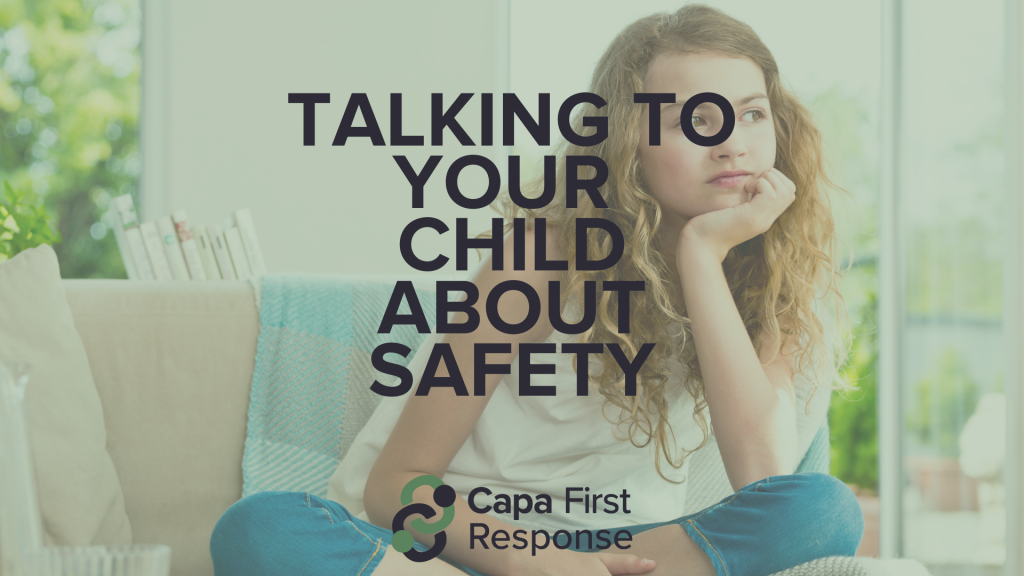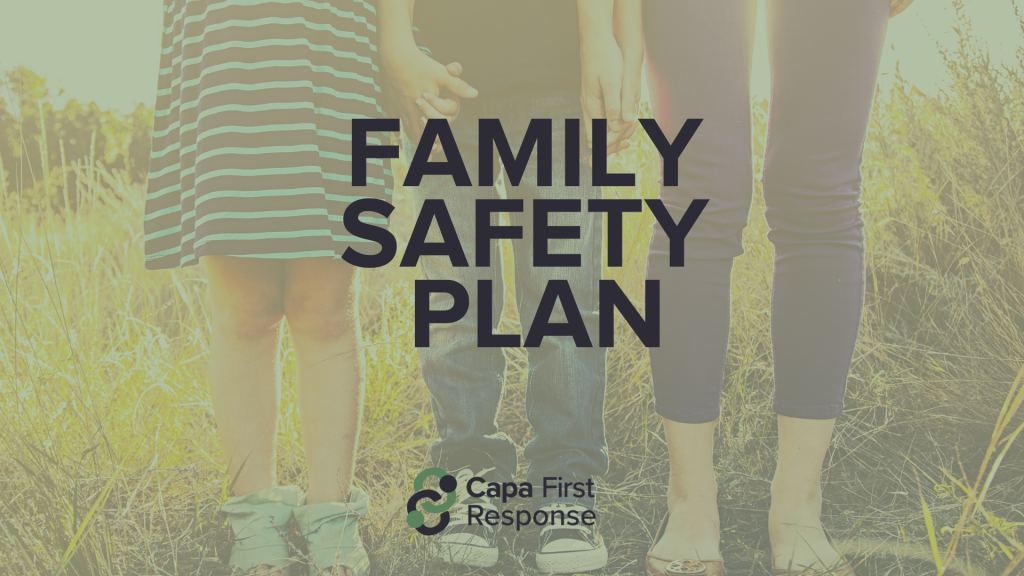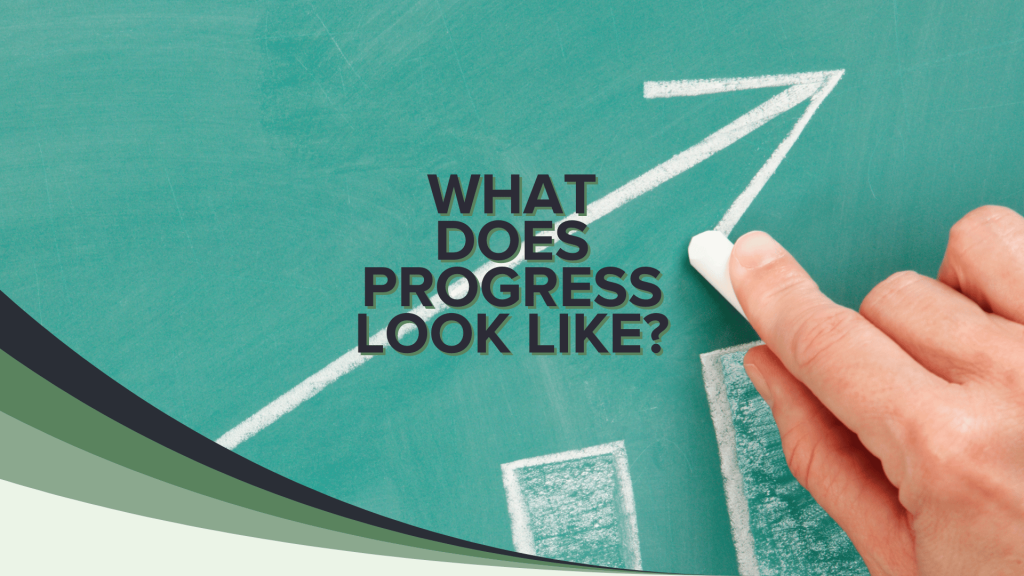Families
Together for safer families
We are here to support you, and help improve relationships within your family.
At Capa First Response CIC, we understand the challenges that come with child-to-parent aggression and harmful behaviours. We know that families often feel isolated, judged, and misunderstood. That’s why we offer FREE specialist, tailored support for parents and carers of children—including neurodiverse young people up to 25yrs.
All our support is available online regardless of your location. You can join us on our weekly drop-in sessions immediately.
Online drop-in sessions
These virtual drop-in sessions are a safe space for parents/caregivers to connect, share experiences, and listen to evidence based strategies from our experienced practitioners.
We can support you with understanding the potential drivers behind this issue along with a live Q&A session.
These sessions are held every Wednesday from 12.30-13.30pm. GMT. Also the last Tuesday of every month 7.00-8.00pm GMT
Places are free but you must book your space here on Eventbrite.
Whether you’re seeking guidance or simply want to chat with others who understand, this event is for you. All sessions take place on Zoom, which is free to use on your smartphone or computer.
What attendees say after their first drop-in:
“This was my first time joining and it was a very positive experience”.
“Thanks so much. This was the most useful hour I’ve had in a long time!”
“The session was brilliant. Thank you so much”
Advice and Support Sessions
Families can access up to three advice and support sessions with a specialist practitioner. These focused sessions offer clear strategies, guidance and understanding to help change what is happening at home.
Our approach is grounded in evidence-based frameworks including Attachment Theory, Neuroscience, Pro-Social Modelling and Solution-Focused practice and takes a whole-family view of what is driving the behaviour, not just the behaviour itself.
Parents consistently share with us the impact of these conversations including:
“Thank you so much for your support. It has made a real difference to our lives. I don’t think we could have gotten here without it.”
“It’s great to speak with someone who is so clued up and intelligent. You’ve really understood my situation, and I’ve had so many breakthrough moments. This has taken the shame away. Before this, I felt too embarrassed to tell anyone what was happening. Engaging with Capa has helped eliminate that shame.”
Our practitioners also describe the impact:
“When I first started at Capa, I wasn’t sure how 30 minutes with a family could make a difference. Six months in, I completely understand. We focus on helping parents understand the why behind the behaviour, not just the what. When families rediscover compassion for themselves and their child, mindsets shift. For some, the change is immediate, a noticeable reduction in aggression or harm almost overnight. For others, small steps and small moments build into big change.”
These sessions give families space to reflect, regroup and reconnect, while building safety, confidence and hope.
Group Work
After completing advice and support sessions, many parents tell us they want the chance to meet others who truly understand their situation and to continue embedding the strategies they have learned. To support this, we offer a six-week group programme, available during the day or in the evening. Each session lasts two hours and continues our focus on bespoke, tailored support now enhanced by peer connection and shared experience.
Parents often describe the group as a turning point. Being alongside others who “get it” reduces shame, builds confidence, and helps parents apply strategies in real-life moments. As one parent shared:
“For me, keeping the boundary separate from the validation was such a revelation (although it feels so ridiculously obvious!)”
Families tell us the group gives them space to reflect, practise new approaches, feel less alone, and notice meaningful change at home. It is a place where understanding deepens, relationships strengthen, and hope becomes something they can feel again.
What to do if your child is being aggressive
Talking too much to anyone who is in a heightened emotional state can escalate the issue: they are unlikely to be able to listen and respond in a calm way
It's tempting to try to reason at this point with your child or demand they stop but this isn't always the best thing to do
"I can see that [specific issue] has made you angry/upset/frustratedyou are angry and you are allowed to be angry. I can imagine how that feels.
Stay present (if safe) and use few words to let your child know you are there. Continue to validate feelings, or if this escalates remain quiet.
If you are in danger or fear for anyone in the home call the police.
Make sure you have your phone with you so you can contact the police or a friend for help and support.
You can find 4 ways to keep calm in stressful situations with your child in this video. Do give it a watch to arm yourself with some mechanisms for the future.
Sometimes, things can get intense at home. Children and young people might struggle to manage big feelings and act out in ways that are frightening or hard to manage.
A safety plan helps you:
- Stay safe during those moments
- Reduce harm to anyone in the home
- Take steps to calm things down
- Know what to do and who to call for help
You can use and modify our safety plan below, and you may also find these tips for talking to your child about safety helpful.
What families say about us:
Feedback from a parent we supported
“Matt reassured me that it is indeed difficult to change the way we have reacted all our lives (over generations in fact) and it is really a matter of practice. Sometimes I was very discouraged, but then I would attend another session and feel encouraged to try again. It was good that Matt always reminded us parents to think about the successful moments (however small)… Thank you very much for your amazing work”
Talking about safety to your child
How to discuss a why you need a safety plan with your child.
Sarah Fisher #CapaCommunityConnections
As an adoptive mum supporting her son through some challenging times, Sarah Fisher learnt about non–violent resistance (NVR) and adapted it to develop a more holistic approach – Connective Parenting NVR. She now shares the approach with families from across the UK and beyond and also trains other professionals working with families in this approach.
Sarah joined us for our latest #CapaCommunityConnections event to share information about NVR and answer questions. We had a great turnout for this online event, but for those who missed it we recorded it so that everyone can benefit from Sarah's advice and knowledge in this area.
What Does Progress Look Like? Realistic Expectations for Families
This blog post explores what realistic expectations for progress can feel like for families navigating Child to Parent/Carer Aggression and/or Harmful Responses (sometimes referred to as CAPVA). If you're a parent or carer living with CAPVA, you’ve likely asked...
Why we don’t like to use ‘Abuse’
Child and adolescent to parent abuse (CAPA) is a serious issue that affects many families, the world over. However, when discussing CAPA, the language we use can be just as important as the actions we take. The phrase that is used to term this issue is ‘Child or...
8 tips to help you survive the school holidays
Here are 8 tips to help you survive the school holidays, which can be notoriously tricky if your family usually thrives on routine!
How to stay calm when things are challenging (Video)
Staying calm when things aren't going right is tricky, and even more so when the stressful situation is happening with your child. Esther Jones has shared four ways to keep calm during challenging moments with children, so do watch and try them out when you need...
After-School Restraint Collapse: How to cope with after school meltdowns
If your child comes home from school and suddenly seems to fall apart; angry outbursts, tears, or complete withdrawal then you're not alone. Many parents and carers witness this daily emotional storm and wonder: What happened? They were fine all day at school! This...
Breaking Barriers: A Day of Hope and Change for Vulnerable Children
If you had asked me yesterday what a Virtual School was, I’d have said it was for children learning remotely. Today, I know better. A Virtual School is a dedicated team working to improve educational outcomes for children in care, previously in care, and...








